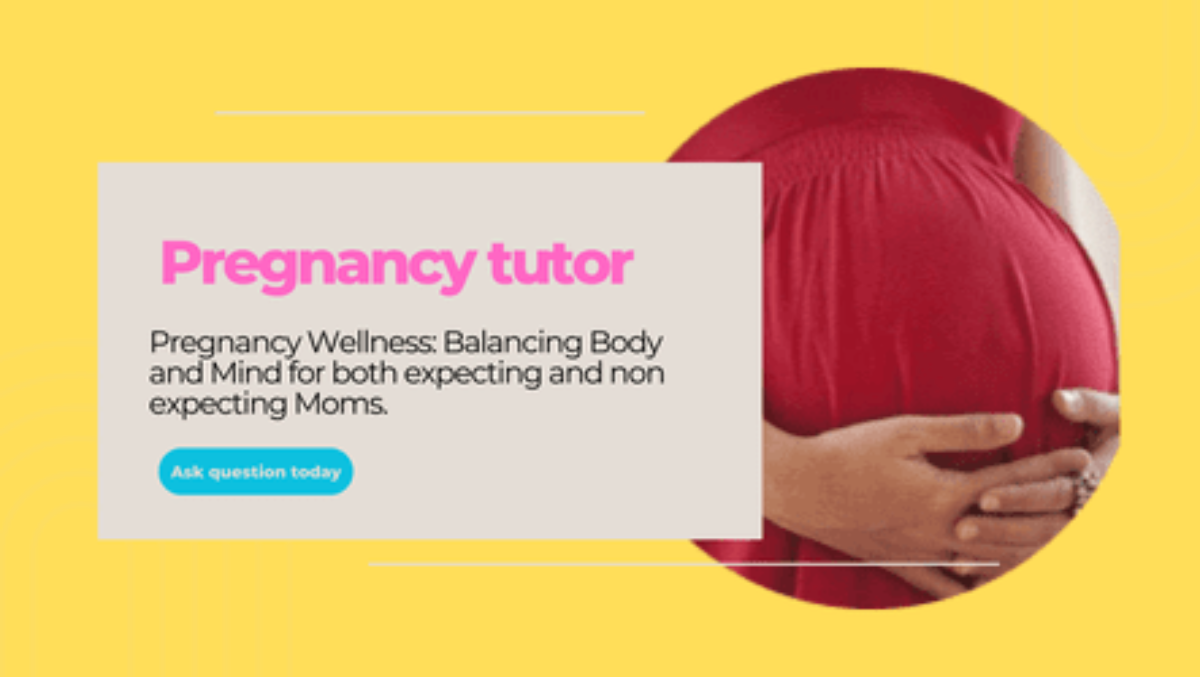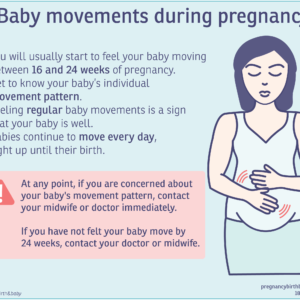
Many people used to asked me about concern about decreased fetal movement.
Anyway, let me discuss it here comprehensively !
Understanding Fetal Movements: When Should You Start Feeling Your Baby Move?
Pregnancy is a journey filled with anticipation and milestones, and one of the most exciting moments is feeling your baby move for the first time. This sensation, often referred to as “quickening,” is a reassuring sign that your baby is growing and developing. However, many expectant mothers worry about decreased fetal movement and wonder when they should start feeling these movements. Knowing the typical timelines and factors that influence fetal activity can provide peace of mind and help you better understand your baby’s development. Let’s delve into the details of fetal movements and what you should expect during your pregnancy.
When Do Fetal Movements Typically Start?
Before you start worrying about Decreased Fetal Movement, you need to understand that Fetal movements can vary significantly from one pregnancy to another. However, there are some general timelines that most expectant mothers can expect:
- First-Time Mothers: If this is your first pregnancy, you may start to feel movements between 18 and 24 weeks. It can take longer to recognize these movements because they might be subtle and unfamiliar.
- Experienced Mothers: If you’ve been pregnant before, you might notice movements a bit earlier, often between 16 and 22 weeks. Having felt these sensations in previous pregnancies, you’re likely more attuned to recognizing them.
- Earlier Movements: Some women might begin to feel movements as early as 16 weeks, but this is less common. Early movements are usually described as fluttering or “butterflies” in the stomach.
Factors Influencing fetal Movements and Decreased Fetal Movement
Several factors can influence when you first feel your baby move:
- Placenta Location: If your placenta is located at the front of your uterus (anterior placenta), it can cushion the baby’s movements, making them harder to detect and possibly delaying the first sensations.
- Maternal Weight: Women with higher body weight may feel movements later than those with lower body weight. The additional layers can cushion the sensations, making them less noticeable early on.
- Sensitivity and Awareness: Individual differences in sensitivity and awareness can also play a role. Some women are more in tune with their bodies and may notice subtle movements earlier than others.
What Do the Movements Feel Like?
The sensations of fetal movement can vary. Early movements are often described as:
- Fluttering
- Butterflies
- Bubbles
- Gentle taps
As your baby grows, these movements will become stronger and more distinct, evolving into kicks, jabs, and rolls.
When to Be Concerned
While the timing of first movements can vary, there are some instances when you should consult with your healthcare provider:
- No Movement by 24 Weeks: If you haven’t felt any movements by 24 weeks, it’s important to speak with your doctor. They can perform an ultrasound or other tests to check on your baby’s well-being.
- Reduced Movements Later in Pregnancy: Once you start feeling regular movements, you should continue to feel them consistently. If you notice a significant decrease in movement, it’s essential to contact your healthcare provider.
Reassurance and Next Steps
Feeling your baby move for the first time is an incredible experience that connects you with the little life growing inside you. Remember, each pregnancy is unique, and the timing of when you feel movements can vary widely.
If you have any concerns about your baby’s movements, don’t hesitate to reach out to your healthcare provider. They are there to provide support, conduct necessary checks, and ensure both you and your baby are healthy. You can also read pregnancy week by week here.
World Health has always an advocate of good health for every women and it is a responsibility of every health platform to continue this awareness.
By understanding the typical timelines and factors influencing fetal movements, you can better appreciate this wonderful milestone in your pregnancy journey. Enjoy every flutter, kick, and roll as your baby continues to grow and develop!






